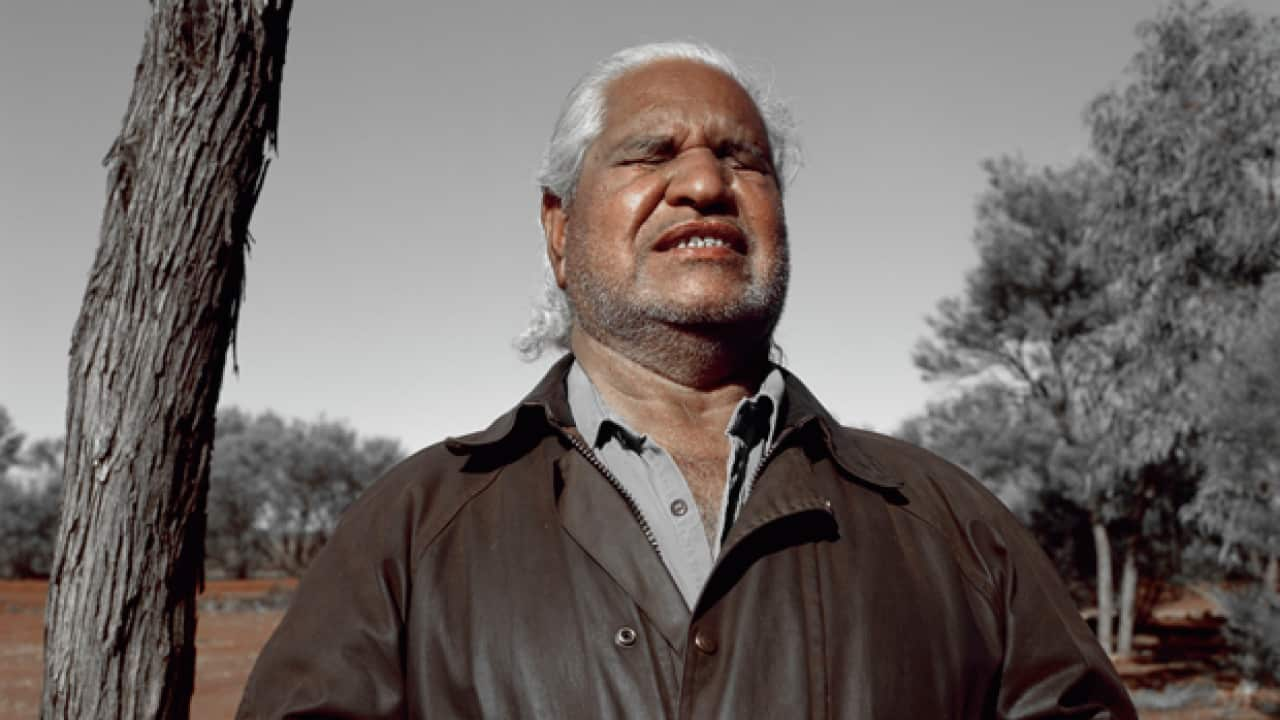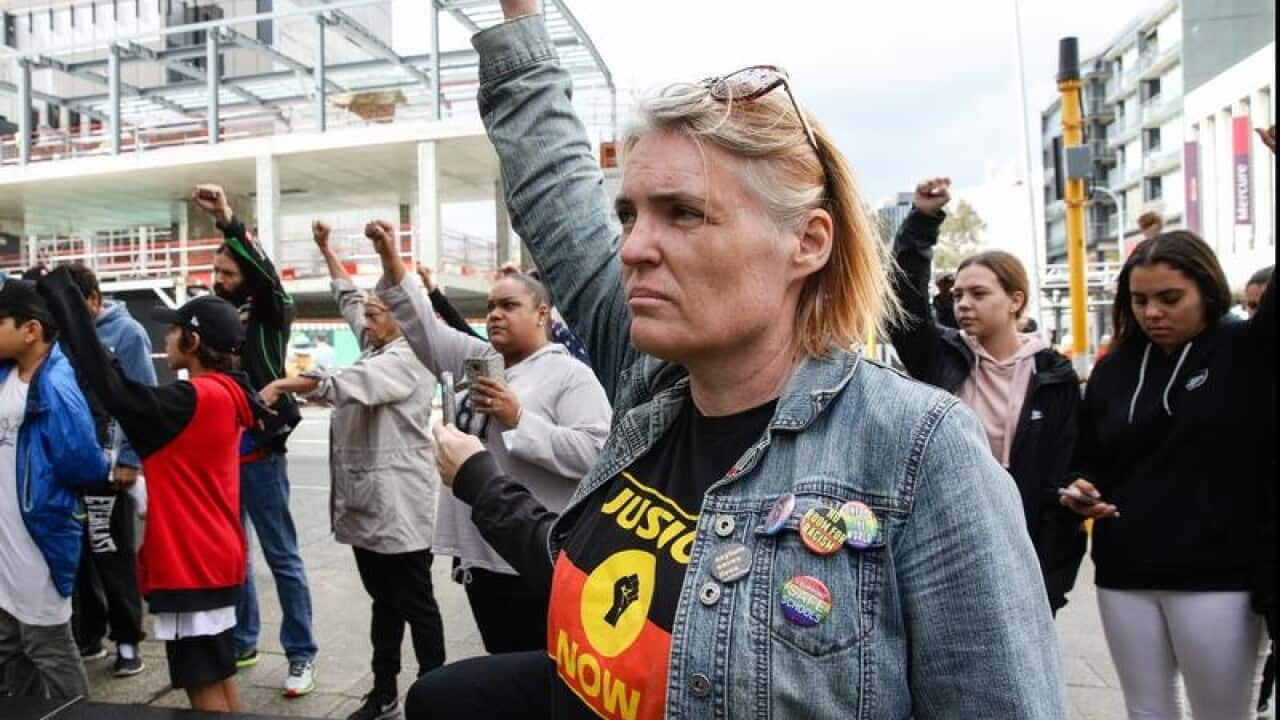Representatives of the Uluru Statement work group have called for all Australians to support the proposal of an enshrined voice in the constitution, following the release of their report last week.
The report calls for a national vote on enshrining a First Nations' Voice to Parliament in the Constitution, and for a separate Declaration of Recognition, containing “inspiring and unifying words,” to be enacted by legislation.
Speaking to media at the Human Rights Commission yesterday, the three co-chairs reinforced that an enshrinement in the constitution would mean an Aboriginal voice in Parliament would be there to stay.
“We want it to be enshrined in the Constitution so that it just can’t be closed down. We need to take our rightful place,” Josie Crawshaw said.
“Then there’s been some commentary from the Aboriginal politicians and some of the Aboriginal leadership, but on the whole we need this to be a really dedicated position that Australia needs to take up.
“We believe that all Australians are mature enough and they know that they want to have a reestablishment of a relationship with us and this voice actually goes a long way in actually getting that to happen. It’s been a consistent message of ours.”
They say this is not a new idea – the idea of an Indigenous advisory body enshrined in the Constitution has been around since the establishment of the Federation.
“As the Uluru Statement said, we’re tormented by our powerlessness. And we need to be able to be in a position to determine the direction and the programs, and the devices that will produce a better life for our people.”
Thomas Mayor told NITV that he believes enshrinement would mean a more stable leadership moving forward.
“Barunga statement called for a similar voice on our own affairs. We have an issue with our leadership going in different directions and if we don’t focus and get some unity around this then the opportunity is lost,” he said.
Last week Referendum Council co-chair Mark Leibler said the proposal for the referendum was designed to be as straight forward as possible.
"There is absolutely zero interference with parliamentary sovereignty... because this body will no right of veto, not only that, the parliament itself will define how the body is going to be constituted and how it will operate," he said.
MIXED REACTIONS
Yesterday another group called the Uluru Youth Group sent an open letter to the Prime Minister and Opposition Leader demanding they get behind the Referendum Council's report on constitutional reform.
Members of the Uluru Youth Group, selected at the First Nations Convention in May, say they're frustrated with the response from Indigenous parliamentarians who they claim have publically campaigned against the recommendations.
"We are concerned that prominent Aboriginal and Torres Strait Islander political leaders seem to be pushing an agenda contrary to the Referendum Council report and the Uluru Statement, and contrary to Mr Shorten’s endorsement of the report, without adequate legal or political rationale or explanation."
Last week after the report’s release Labor Indigenous politicians Linda Burney and Pat Dodson expressed surprise at the report’s two recommendations, only one of which is to go to a referendum.
Ms Burney has labelled the proposal "limited" and expressed disappointment that it doesn’t address the removal of race powers in the Constitution.
Shireen Morris, from the Cape York Institute, said the Voice to Parliament will be an 'independent' adviser, different to the Indigenous advisory bodies that already exist.
"Indigenous people want a constitutionally guaranteed say in [parliament's] decisions. So the bodies of the past, and the hand-picked advisory body of the present, is not representative and it's not constitutionally guaranteed. It can be gotten rid of with the stroke of a government's pen," she said.
Wiradjuri and Ngunnawal elder Les Coe said he wasn’t surprised by the report’s recommendations.
“I wasn't surprised by this; I was actually expecting this," he said.
Mr Coe said an advisory body does not go far enough, and that treaty and recognition of sovereignty is the answer.
"If you want a nice and easy question you want to put to the Australian people, the question should be treaty yes or no, it's pretty simple.”












